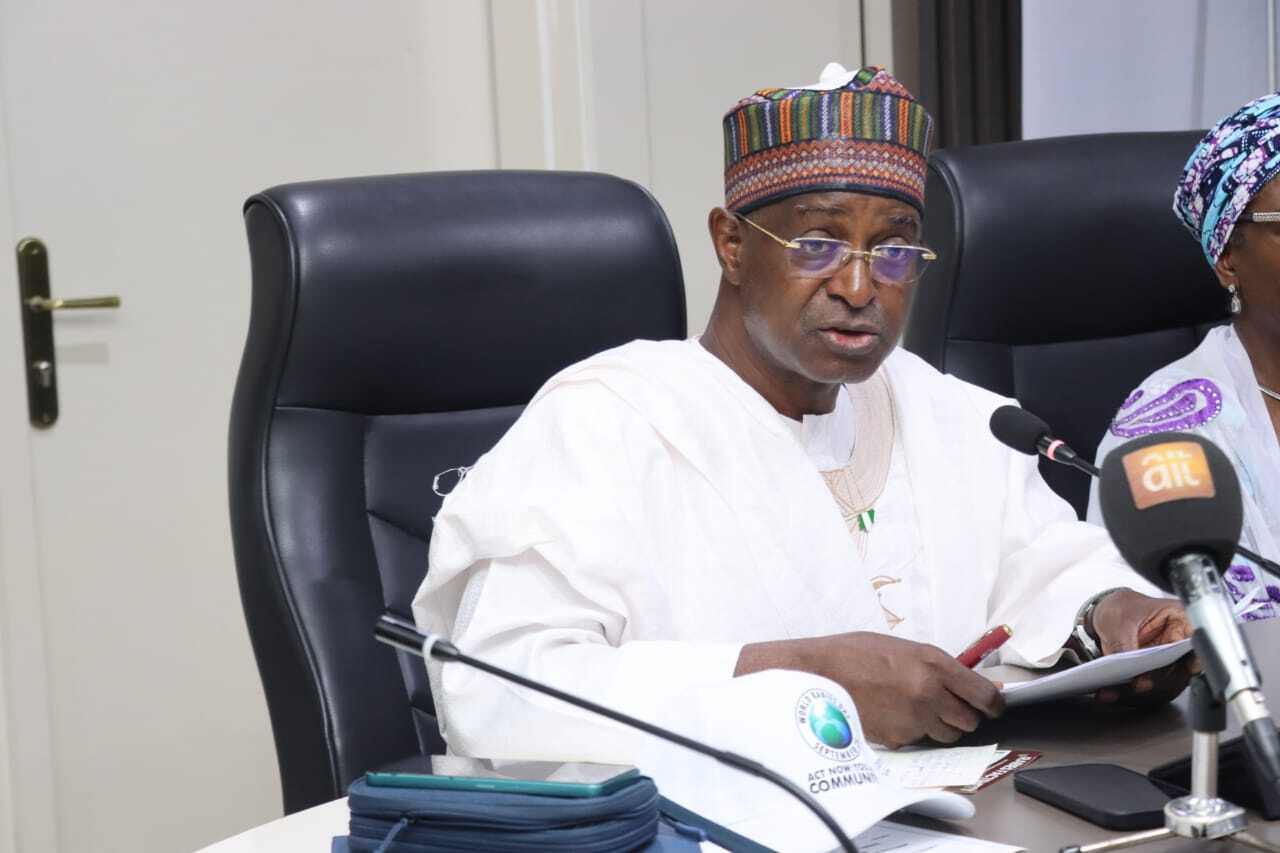
As the world marks the World Soil Day, the Nigerian Institute of Soil Science, has harped on the need to urgently enact a national soil policy to curb soil erosion and improve the nation’s food security.
The Registrar of the Institute, Prof Victor Chude, during the Day’s commemoration yesterday, in Abuja, bemoaned the obsolete nature of the National Soil Policy, saying a policy that stipulates payment of only N20 fine to those that engage in indiscriminate felling of trees is inadequate to protect the nation’s soil.He said: “Government needs to enact a National Soil Policy that would have teeth to bite to stop the destruction of our soil; especially people who are involved in quarrying, excavation of sands for building, and felling of trees contribute in exposing the environment to erosion. They must be stopped through tougher measures to stop them from destroying the environment.”
Speaking on the theme of the 2019 celebration, “Stop Soil Erosion, Save Our Future,” Chude stressed the need to work hard to stop soil erosion, noting that the consequences of our inaction would affect the coming generation. So we need to stop soil erosion to save future generation.” he stated.
He further emphasized the need for a detailed soil mapping of the country to achieve food security, as the current mapping was done in the 90s, and there is need for a national survey that would provide soil information at a close range.
The Don maintained that if there are adequate information about the soil then farmers would be able to know the fertilizer quantity applicable in a given area, and the crops would produce the genetic yield potential determined by the plant breeders.
The Country Representative, Food and Agriculture Organisation of the United Nations (FAO), Suffyan Koroma, called for the adoption of reliable and proven soil conservation technologies to reduce erosion rates on farmlands.
To achieve this, he said it requires thorough evaluation of the various strategies for soil fertility improvement and soil conservation techniques in the country. “Several studies have demonstrated that the soil removed by either water or wind erosion is 1.3 to 5 times richer in organic matter than the soil left behind. This is not good for our mission to achieving food security in Nigeria.”
“Every five seconds, the equivalent of a soccer pitch is eroded globally, affecting soil fertility as well as global food security and safety. As the world population expands, the need for enhanced awareness to tackle the concern is most desired.
He assured Nigerians of FAO’s commitment to provide technical assistance toward controlling soil erosion and environmental degradation in the country.






